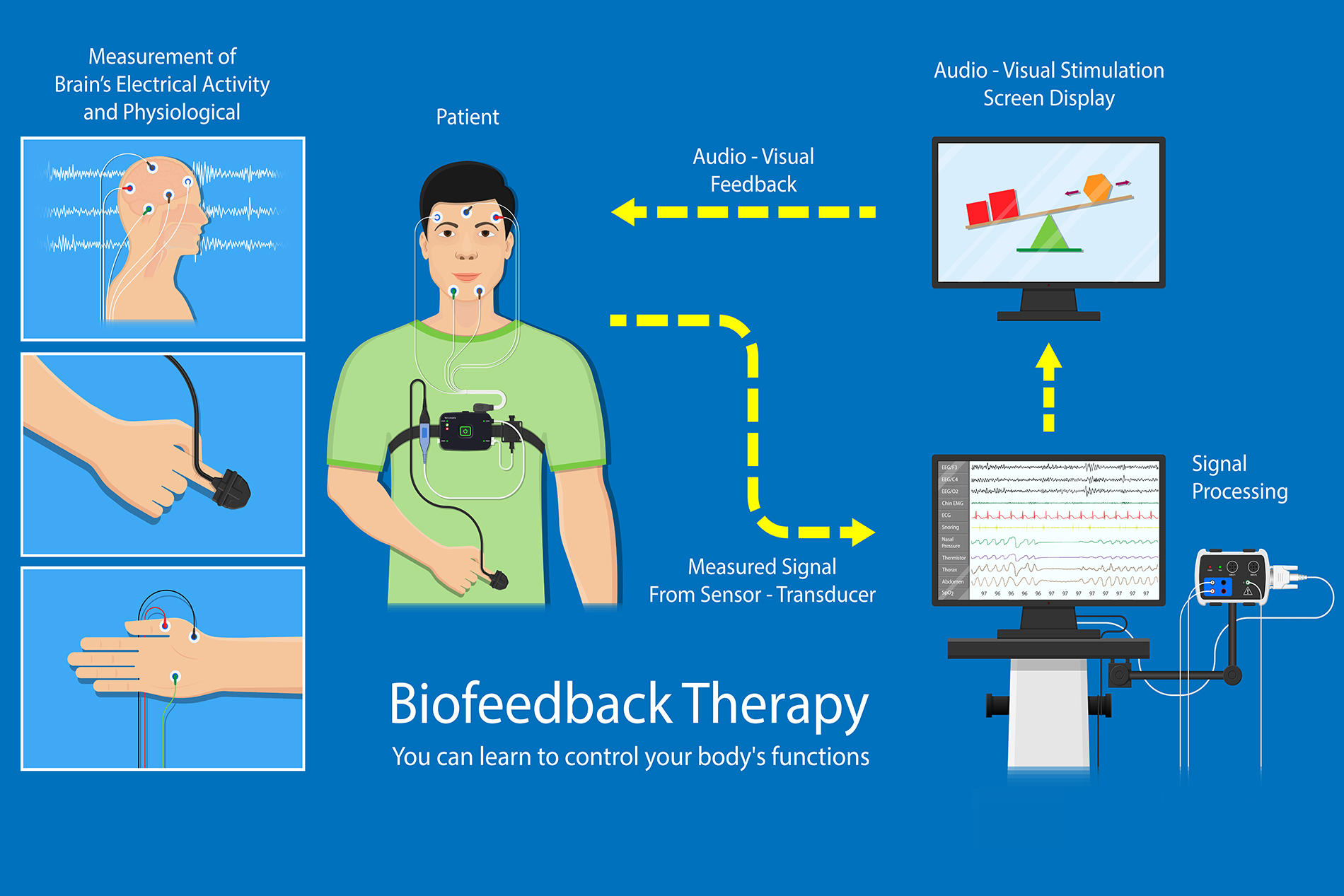Neurofeedback is an innovative technique that has gained attention for its capability to help control anxiety and improve mental well-being. This method involves using immediate visualizations of brain activity to instruct individuals how to control their brain function. By monitoring brain waves, neurofeedback provides responses that can help people learn to manage their mental states. This technique can be particularly beneficial for those struggling with anxiety, as it offers a fresh way to comprehend and manage their feelings.
Anxiety is a widespread mental health issue that impacts many people. It can manifest in various ways, including intense worry, restlessness, and physical indicators like a racing heart. Traditional treatments for anxiety often include therapy and medication, but these methods may not succeed for everyone. Neurofeedback presents an alternative approach that focuses on self-regulation. By training the brain to operate more effectively, individuals can discover to lessen their anxiety levels and improve their overall mental health.

The process of neurofeedback typically involves a trained professional who guides the individual through appointments. During these sessions, sensors are placed on the scalp to measure brain activity. The data is then shown on a screen, allowing the person to view their brain waves in real time. The goal is to help individuals recognize patterns in their brain activity associated with anxiety. By practicing techniques to alter these patterns, they can acquire to attain a calmer state of mind. This method empowers individuals to take an proactive role in their mental health journey.
Research has shown that neurofeedback can lead to notable improvements in anxiety symptoms. Investigations brain mapping for learning disabilities indicate that individuals who undergo neurofeedback training often claim feeling less anxious and more in command of their emotions. This technique not only helps in diminishing anxiety but also enhances overall mental well-being. Participants frequently undergo better focus, enhanced mood, and greater resilience to stress. These benefits can lead to a more satisfying life, as individuals feel more prepared to face challenges.
In conclusion, neurofeedback is a hopeful tool for changing anxiety management and enhancing mental well-being. By providing individuals with the capability to comprehend and regulate their brain activity, this technique offers a unique approach to dealing with anxiety. As more people look for effective ways to manage their mental health, neurofeedback stands out as a worthwhile option. With continued research and recognition, it has the capacity to transform the lives of many individuals struggling with anxiety, leading to a healthier and more equitable life.